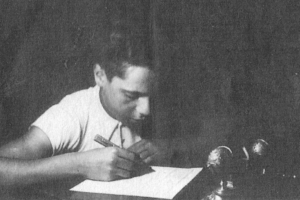
Cánovas 1929
Tribute to a whole history Alfons Cánovas Lapuente (4 -11-1917)
Pau Caldés Claret was born on December 23, 1916 in Terrassa and died three days before Christmas Day in 2015. Between Christmas and Christmas he spent 99 years, practically 100. An exciting life of which highlights his work as a parish priest of the neighbourhood for almost sixty years. He spent many years baptizing, congregating, marrying and giving the last rites to generations of neighbours of the neighbourhood.
But Mosén Pauo was not satisfied with exercising his strictly clerical functions. By doing so he would have gained only the parishioners who came to the parish of Sant Miquel, but to win the affection and admiration of even the most agnostic and atheist residents of the neighbourhood you have to do much more. And Mosén Pau achieved this because he always stood by his neighbours. Supporting the various social demands, helping the ones who were most in need. Without any nonsense, without asking about faith or beliefs.
His frail appearance hid a strong man who knew his neighbours well, because he cared about them. About the health of the elderly and the problems of the young.
He didn’t need much to be happy. A lover of classical music, tidy, handyman, Mosén Pau spoke English and French perfectly. He was capable of becoming passionate about any subject until he became an expert. Like when he travelled to a tuna trap in France. It was the first time, but he was so fascinated that he did not stop until he became a real specialist in this subject. That is why, without intending it, he was one of the most influential people in our neighbourhood. This was Mosén Pau, a good man.
“Who needs me?”
Stories of Mosén Pau would be endless. Along with people who knew him first hand, such as Pilar Malla, Rosalia Sestriques , Vicens Forner, journalist Olga Merino and, above all, Lolita Pombau , we highlight a few.
During the Civil War, when he was a seminarian, he saved his life by pretending to be a medical student when he was arrested by the Republicans. He knew nothing about medicine and had to disguise himself by assisting in operations or sewing up the wounded on his forehead. He almost fainted at the sight of so much blood.
Or when he took in libertarians persecuted by Franco’s authorities, risking his cassock and prison or worse.
We must also remember when during a long and hard dockers’ strike, he opened the doors of the church so that the workers’ wives could close them as a sign of protest.
The little salary he earned he gave away in prisons or other causes. Also, as a young man, he took the initiative to make sure the active rectors would allocate a small monthly donation to create a residence for retired clergymen. He lived his last years in Les Corts in this residence.
In La Barceloneta, which he described as “a humble but cheerful neighbourhood, where everything was celebrated”, he knew from the first day that more action than preaching was necessary. Mosén Pau managed the ACO group (Asociación Católica Obrera) and created the “Bons Amics” “Good Friends”, organizing festivals, excursions and all kinds of activities for the youth of the neighbourhood. Like the summer camps he organized in an old mill that he himself and the children restored in the village of La Vella de la Conca, near Guissona.
Born in Vera de Bidasoa (Navarra), she was next to her husband, being his right hand for almost 50 years. Since 1954 she took care of him by taking him to the doctor, cooking, ironing and washing his clothes, especially the blue coats he wore to do his odd jobs. Mosén Pau was a real handyman, whether he was renovating an electrical installation, restoring the golden borders of the colonnade, or making all the pieces of his crib pride, almost all of which he cut by hand.
Lolita tells us that as if it were yesterday, she remembers when Pitu Cubedo, the shoemaker, stopped her a few days after he died in Mosén and told her: “You know I don’t believe in saints or religion, but please, can you give me a picture of Pablo. I would like to have him next to me, in the store, like when every day we had our get-together and I always respected him even though I thought he was very distinguished.” So was Pablo and hopefully his example of a life.
Also Pilar Malla and Rosalia Sestriques , lived very close to Mossèn Pau, highlight his simple and kind character. “He was always willing to move for those who needed him”. Margarita Bravo remembers him and her sister going daily to the Herbolario that her mother ran in Sant Miquel street, to buy herbs and never miss the magnesium, which she took in the morning on an empty stomach accompanied with her raw garlic. Pioneer in natural therapies!
He also remembers when his father, Cecilio, died in a tragic accident as a stevedore one Epiphany watch. Pau did not hesitate to be on the street for hours on a very cold morning, to accompany the family in that hard time: “Where was I supposed to be? If not with those who need me”. Mosén Pablo loved his church, which he cared for so much. But he loved the neighborhood and its people even more, who, whether they believed in them or not, were his real family.
Despite suffering from severe sciatica and arthritis, he preferred not to take the morphine or painkillers prescribed to him because he was 100% aware of it. Better with pain but lucid. Determined to stay active and restless until his last day.
After his “official” retirement, he remained in the parish helping Mosén Antoni Oriol Vera, the new parish priest who, upon learning that he was to be assigned to La Barceloneta, decided to do so under only one condition: that Mosén Pau would continue at his side.
For Oriol, who knew how to inherit his charisma, Pau was an invaluable teacher and the two formed a well-matched and active team.
Many, many, many hours of conversation with no intention of converting the atheist on one side or tempting the believer on the other. Simply talking, listening and learning from each other. This is how Pau and Vicens forged their friendship. A “good client” whom he baptized, gave communion, married and even gave last rites. And who today claims in his own way that memory of Mosén Pau or others who did so much for the neighbourhood.
Since he put the price of the paper instead of buying the newspaper, I find out the news by the ancestral system of stopping the ear.
In ancient times the natives did it around a bonfire, I prefer to do it while drinking coffee in a café in Barceloneta.
Today on a terrace of the market right in front of Cafés Salvador a rumour has reached me, -in this neighbourhood rumours are sentences-. The news in question is that Bernardo Cortés -Palomino for his friends, if he had any- will be given an “honorary” plaque. In Barceloneta we wonder who decides if the character in question is worthy of that honour. In many cases it is the citizens, or the neighbours who request this recognition, as was done with the Antonia Vilàs square, Emilia Llorca street, or Hilari Salvadó square or all of them with a trajectory recognized by all, others like Pepe Rubianes street not so much. Ferrand Lesseps and Anselm Clavé also had their plaque. Carmen Amaya, the greatest dancer the world has ever known, a fountain.
But I think and forgive me, “Palomino” has not been related to anyone in this neighbourhood, except for some owners of restaurants on the beach to which he acted, has not made any effort to socialize with their neighbours, in short I may be wrong, but I think the enlightened, whether they are the Nomenclátor, or the politicians on duty should consult the neighbours of La Barceloneta before making certain decisions that affect us, and offend the memory of people who do deserve that honour, as Mosén Pablo, Sister Genoveva Paco Jover, and many others.
We owe it to all of them. And to the enlightened of the Nomenclator we say that “to rectify is for the wise”.
Vicens Forner
You may also be interested in

Tribute to a whole history Alfons Cánovas Lapuente (4 -11-1917)
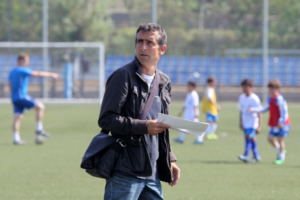
Former player and coordinator of RCD Espanyol’s grassroots soccer. Initially

From December 5 to January 7, Barcelona’s Port Vell will
More articles
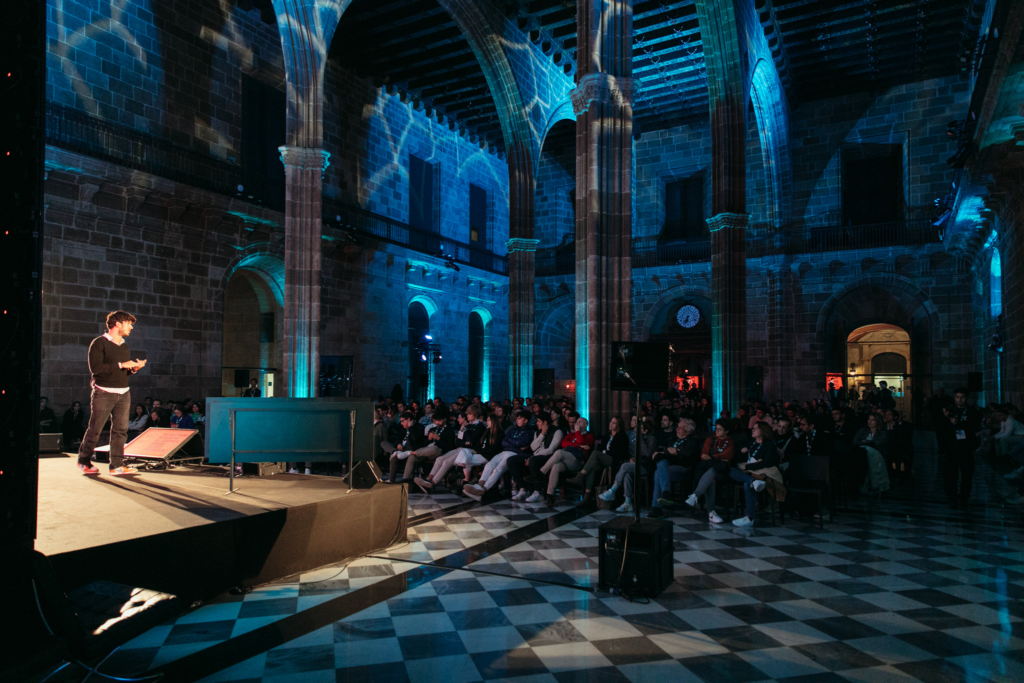
The 4th edition of the benchmark event for the technology community took place on 12

Celebrating Christmas is one of Marina Puerto Viejo’s most cherished traditions. And this year, as
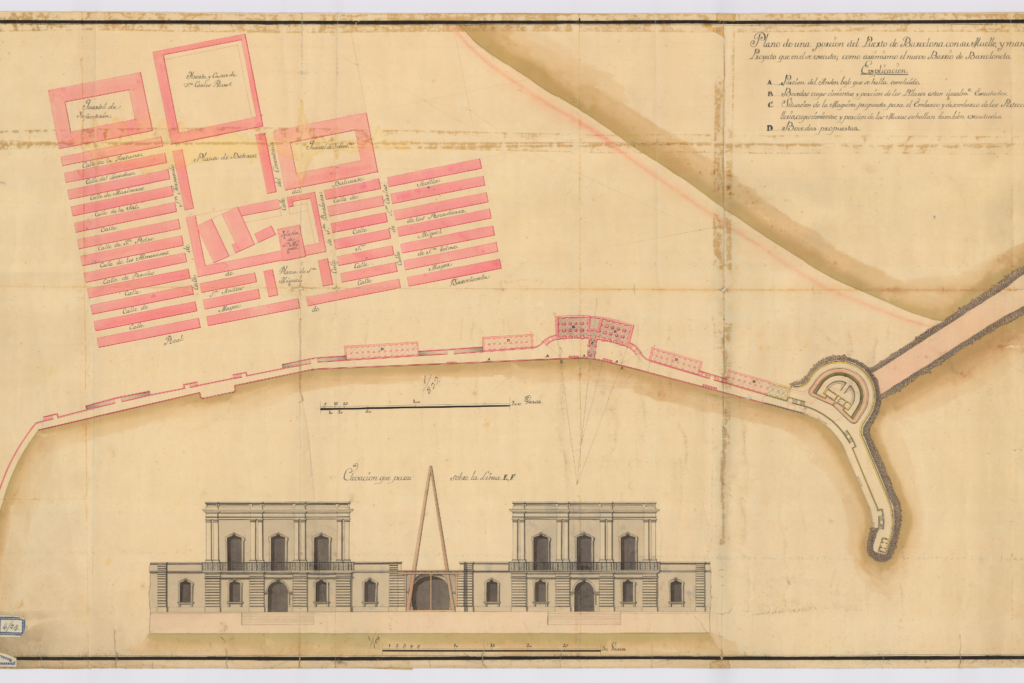
Next to a rubbish bin I’m going to find a very old Gladiator suitcase and
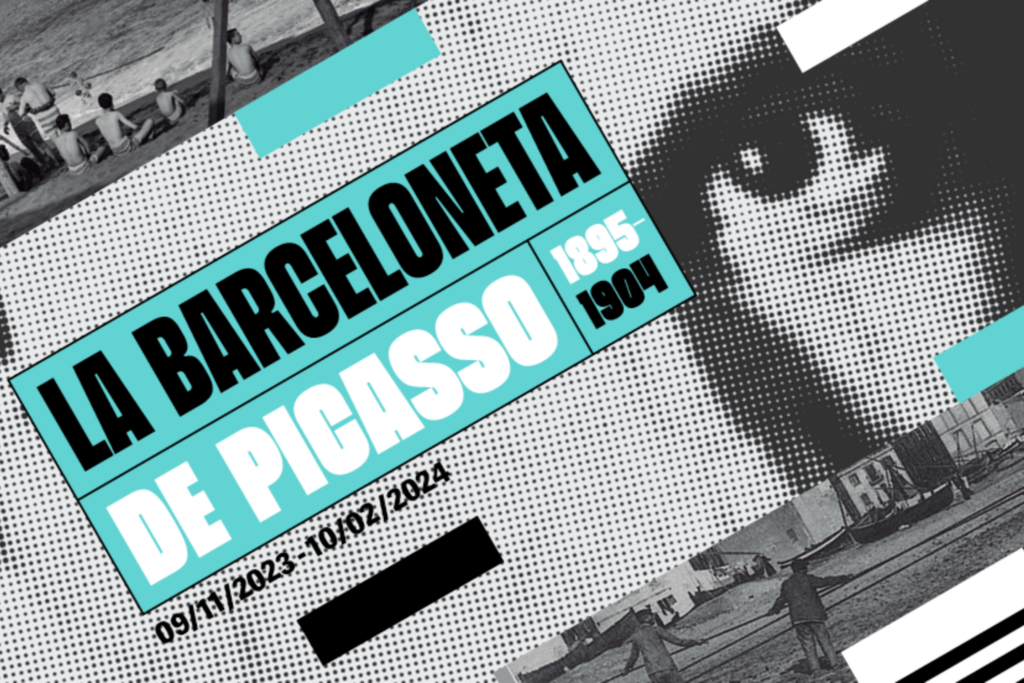
From 9 November to 10 February 2024. On the occasion of the celebration of the
| Cookie | Duration | Description |
|---|---|---|
| _ga | 2 years | The _ga cookie, installed by Google Analytics, calculates visitor, session and campaign data and also keeps track of site usage for the site's analytics report. The cookie stores information anonymously and assigns a randomly generated number to recognize unique visitors. |
| _ga_2DMP7XMBDL | 2 years | This cookie is installed by Google Analytics. |
| Cookie | Duration | Description |
|---|---|---|
| pll_language | 1 year | The pll _language cookie is used by Polylang to remember the language selected by the user when returning to the website, and also to get the language information when not available in another way. |
| Cookie | Duration | Description |
|---|---|---|
| cookielawinfo-checkbox-advertisement | 1 year | Set by the GDPR Cookie Consent plugin, this cookie is used to record the user consent for the cookies in the "Advertisement" category . |
| cookielawinfo-checkbox-analytics | 1 year | Set by the GDPR Cookie Consent plugin, this cookie is used to record the user consent for the cookies in the "Analytics" category . |
| cookielawinfo-checkbox-functional | 1 year | The cookie is set by the GDPR Cookie Consent plugin to record the user consent for the cookies in the category "Functional". |
| cookielawinfo-checkbox-necessary | 1 year | Set by the GDPR Cookie Consent plugin, this cookie is used to record the user consent for the cookies in the "Necessary" category . |
| cookielawinfo-checkbox-others | 1 year | Set by the GDPR Cookie Consent plugin, this cookie is used to store the user consent for cookies in the category "Others". |
| cookielawinfo-checkbox-performance | 1 year | Set by the GDPR Cookie Consent plugin, this cookie is used to store the user consent for cookies in the category "Performance". |
| CookieLawInfoConsent | 1 year | Records the default button state of the corresponding category & the status of CCPA. It works only in coordination with the primary cookie. |
| elementor | never | This cookie is used by the website's WordPress theme. It allows the website owner to implement or change the website's content in real-time. |